Financial Education
What is a student loan and how do they work?
In this comprehensive guide, you’ll learn about the different types of student loans available, how to qualify for them, and what you need to know before you borrow. Read on for more!
Advertisement
Student loans can help you or your kids with heavy educational costs

Student loans can seem confusing at first, but they’re actually a pretty straightforward way to pay for school.
Getting a student loan can be quite helpful to help you go through college without worrying too much about the costs of books and other expenses.
In this article, we’ll break down what a student loan is. We’ll tell you how it works, and some of the different types you might encounter.
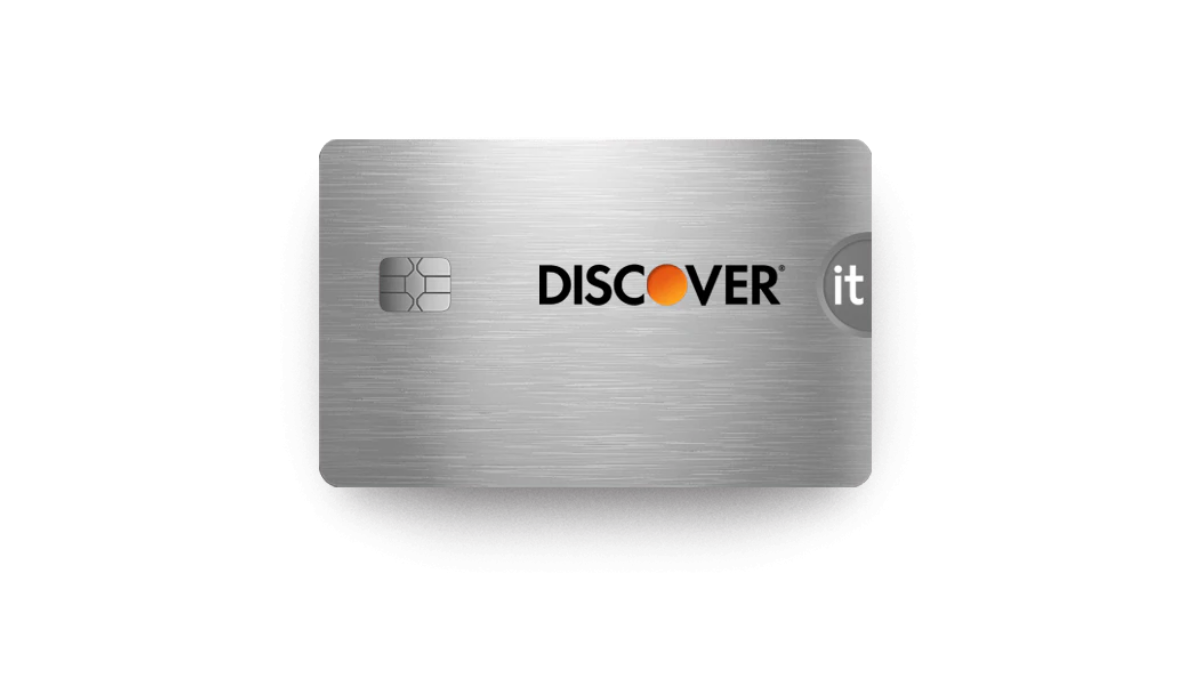
How to get your Discover it® Student Chrome?
The Discover it® Student Chrome application process is simple and you can do it online in just a few minutes. Check the content below to learn more details about it.
That way, you can make a well informed decision before you apply for one.
So whether you’re just starting to think about college or you’re already in the thick of it, read on for everything you need to know about it.
Student loans: the basics
A student loan is a type of loan that is specifically intended to help cover the costs of attending college.
They are typically awarded based on financial need, and they can be either government-sponsored or private.
Government-sponsored loans are typically offered at lower interest rates than private loans. But they may also have more stringent repayment terms.
Private loans may be easier to qualify for, but they typically come with higher interest rates.
Both types of loans typically require the borrower to begin making payments after graduation.
There are two main types of student loans: federal and private.
Federal loans are provided by the government and usually have lower interest rates. Plus, more flexible repayment terms than private loans.
Private loans are provided by banks, credit unions, and other private lenders. They typically have higher interest rates and less flexible repayment terms than federal loans.
It’s important to understand the difference between these two types of loans before you borrow money for college.
Federal loans usually have lower interest rates and more flexible repayment terms than private loans. So they’re a good option if you can get them.
Private loans may be a good option if you can’t get federal loans. However, make sure you understand the terms before you borrow.
Learn the key differences between them below.
You will be redirected to another website
By submitting this form, I agree that I am 18+ years old and I agree to the Privacy Policy and Terms and Conditions. I also provide my signature giving express consent to receive marketing communications via automated emails, SMS or MMS text messages and other forms of communication regarding financial products such as credit card and loans. Message frequency varies and represents our good faith effort to reach you regarding your inquiry. Message and data rates may apply. Text HELP for help or text STOP to cancel. I understand that my consent to receive communications is not a condition of purchase and I may revoke my consent at any time.
What is a federal student loan?
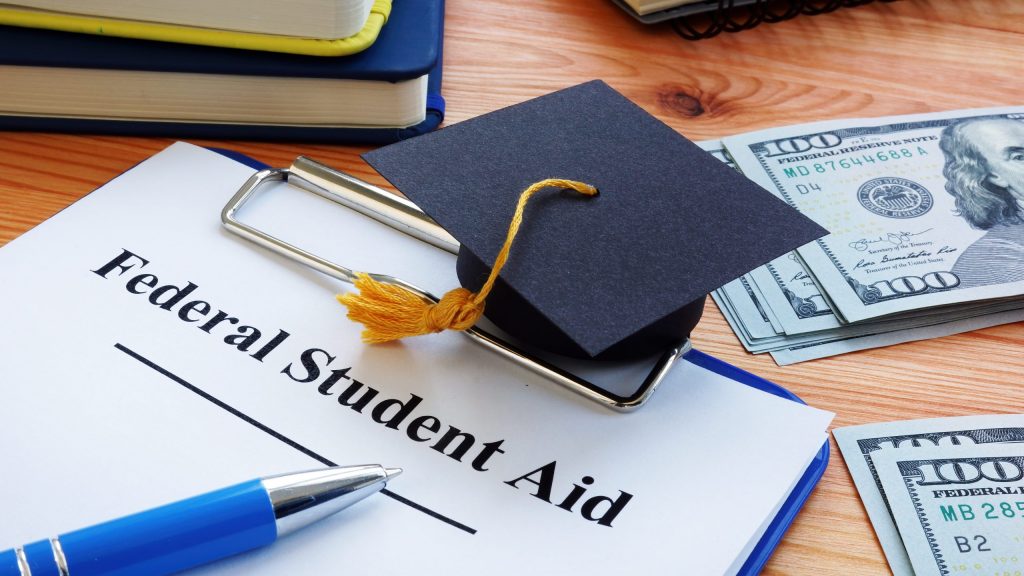
A federal student loan is a loan that is provided by the federal government to help students pay for their education.
The interest rate on these loans is usually lower than the interest rate on private loans. The repayment terms are often more favorable as well.
Borrowers can use federal student loans to cover the cost of tuition, room and board, books, and other educational expenses.
These loans are typically available to both undergraduate and graduate students. They can be used at any accredited college or university.
If you’re considering taking out a federal student loan, it’s important to understand the terms and conditions before you sign the paperwork.
By doing so, you can make sure that you’re getting the best possible deal on your education.
What is a private student loan?
A private student loan is a type of financing that you can use to help pay for college or career school.
Private student loans are made by private lenders, such as banks, credit unions, state agencies, and schools.
They are different from federal student loans, which are made by the U.S. Department of Education.
You can use private student loans to pay for any education-related expenses, including tuition, room and board, books and supplies, and computers.
Private loans typically have interest rates that are higher than federal loans, and they may have different terms and conditions.
Before you borrow a private loan, be sure to compare your options so that you can find the loan that best meets your educational needs.
How much can you borrow?

The amount you can borrow on a loan depends on a few factors. That includes your year in school and the type of loan you’re taking out.
For federal loans, the maximum amount you can borrow per school year varies between $5,500 and $7,500. The maximum is a total of $31,000.
As for private loans, there’s no set limit – the amount you can borrow will depend on the lender and your financial situation.
In general, though, you’ll be able to borrow more on a private loan than on a federal loan.
So if you’re looking to take out a student loan, keep in mind that the amount you’ll be able to borrow will vary depending on the type of loan and your financial situation.
How does the repayment plan work?
When you graduate from college or university, you will likely have to start repaying your student loans.
The process is usually simple: your loan provider will send you a bill each month, and you’ll need to make sure you pay the bill on time.
If you’re having trouble making your payments, there are a few options available. For example, you may be able to defer your loans for a period of time.
You can also consolidate your loans into one monthly payment.
You should also know that there are a number of tax benefits available to help ease the burden of a loan repayment.
Just make sure to look them over with a qualified financial expert or an accountant.
College Ave Student Loans
If you’re considering a private student loan, College Ave is a solid option. They are a private provider that offers loans to undergraduates, graduates, and parents.
Their loans have both fixed and variable rates, as well as repayment plans tailored to the borrower’s individual needs.
The company also provides a number of resources to help borrowers manage their loans, including a mobile app and online tools.
For those who are struggling to make their payments, College Ave Student Loans offers a number of forbearance and deferment options.
Overall, College Ave is a great option for those who are looking for flexibility and customization when it comes to private student loans.
Check the link below to read our full review and learn more about it.
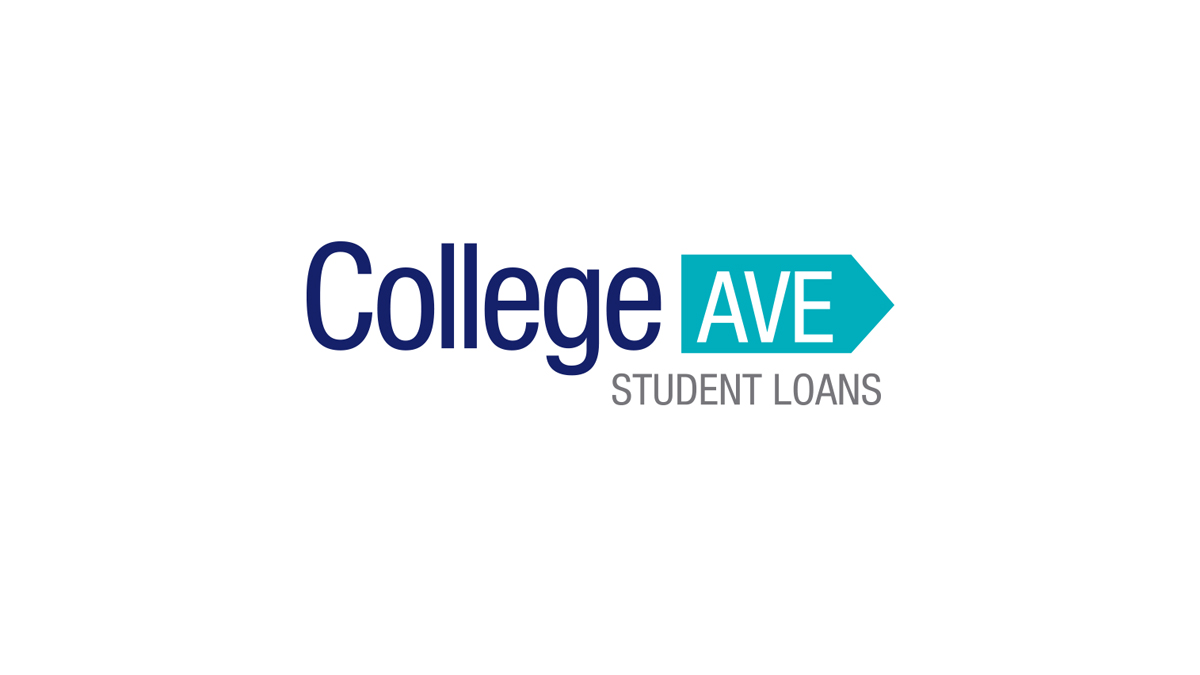
College Ave Student Loans review
In this College Ave Student Loans review, we'll break down everything you need to know, including what College AveStudent Loans are and how they work.
About the author / Aline Barbosa
Trending Topics
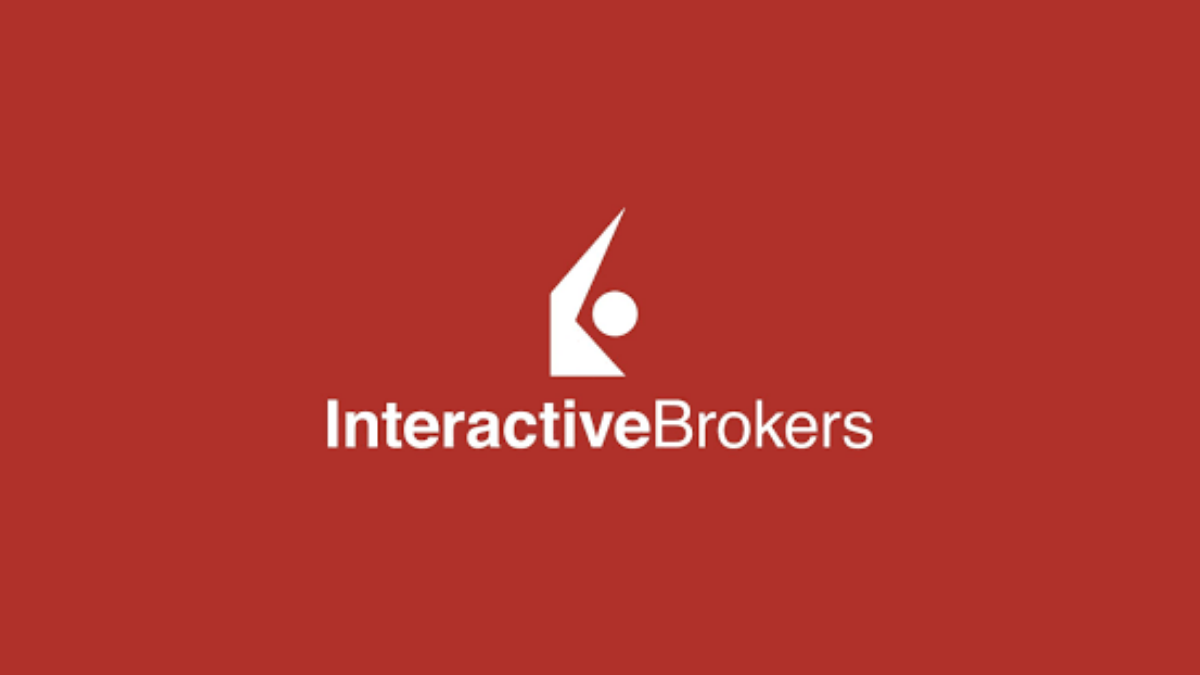
How to open your account and join Interactive Brokers
Open an account and join Interactive Brokers today and get access to a large selection of securities and low per-share pricing.
Keep Reading
How to set up & use the Bank of America digital wallet
Learn how to use a Bank of America digital wallet, and you'll never get in trouble anymore if you forget your wallet at home.
Keep Reading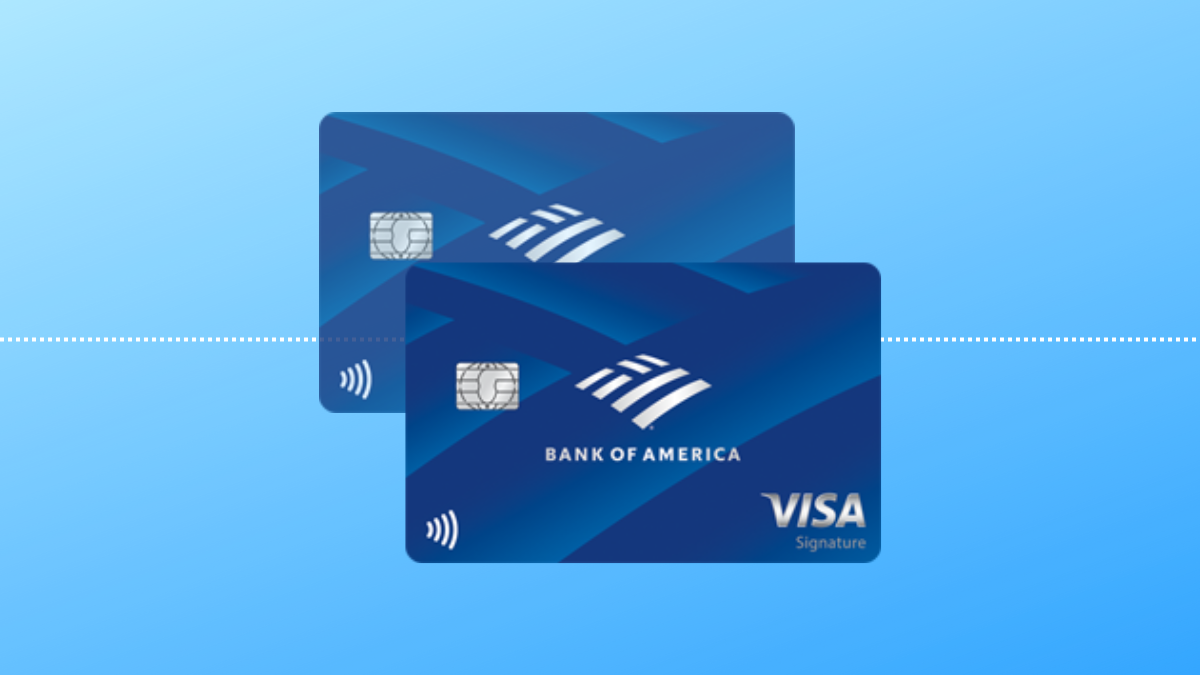
Bank of America® Travel Rewards Card application
See how the Bank of America® Travel Rewards Card application process works and how you can request your card online in just a few minutes.
Keep ReadingYou may also like
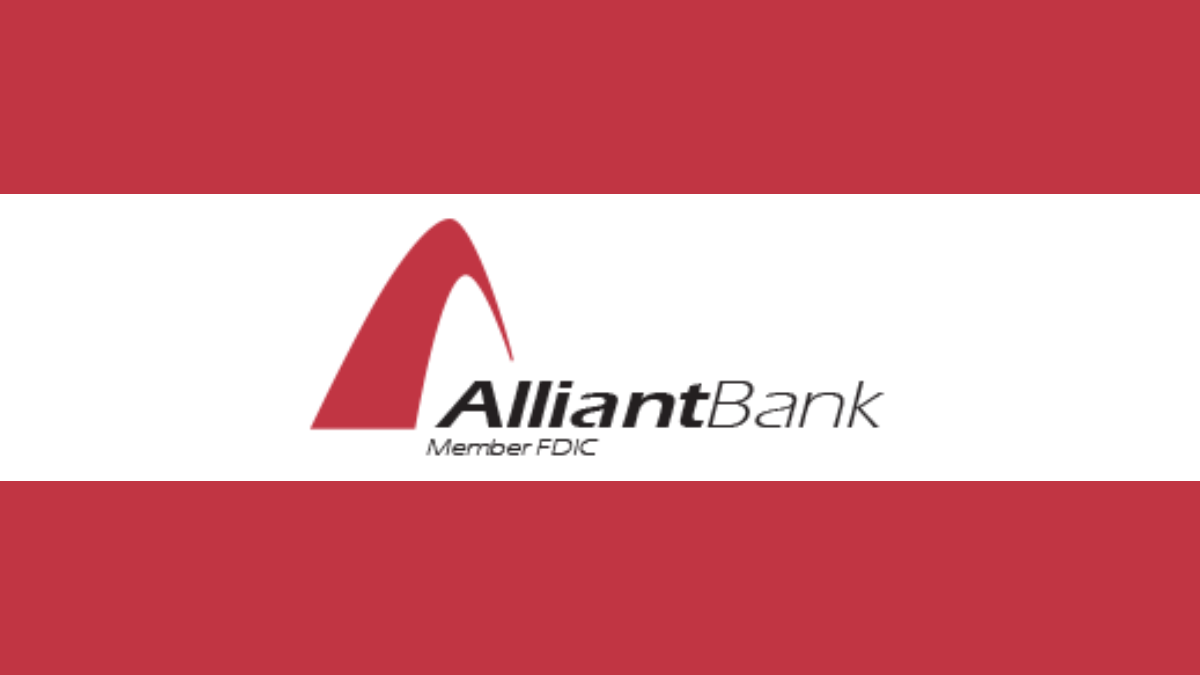
How to join and start banking with Alliant Bank?
It's time for you to start banking with a versatile institution. Here is our guide to help you join Alliant Bank with a high-yield account.
Keep Reading
Find the Best Apps for Learning Languages!
Looking for ways to learn the language you want or need easily? If so, read on to find the best apps for learning languages!
Keep Reading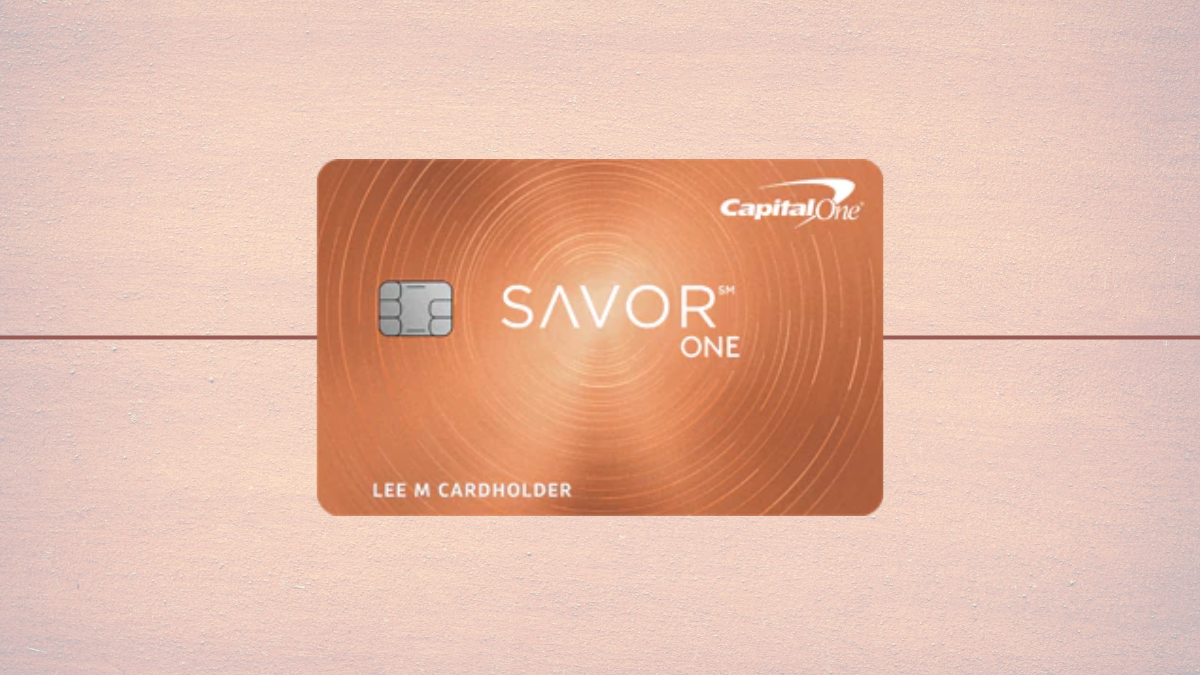
SavorOne Rewards for Good Credit credit card review
Excellent rewards should also come with good credit. Check out this SavorOne Rewards for Good Credit Credit Card review to learn more!
Keep Reading